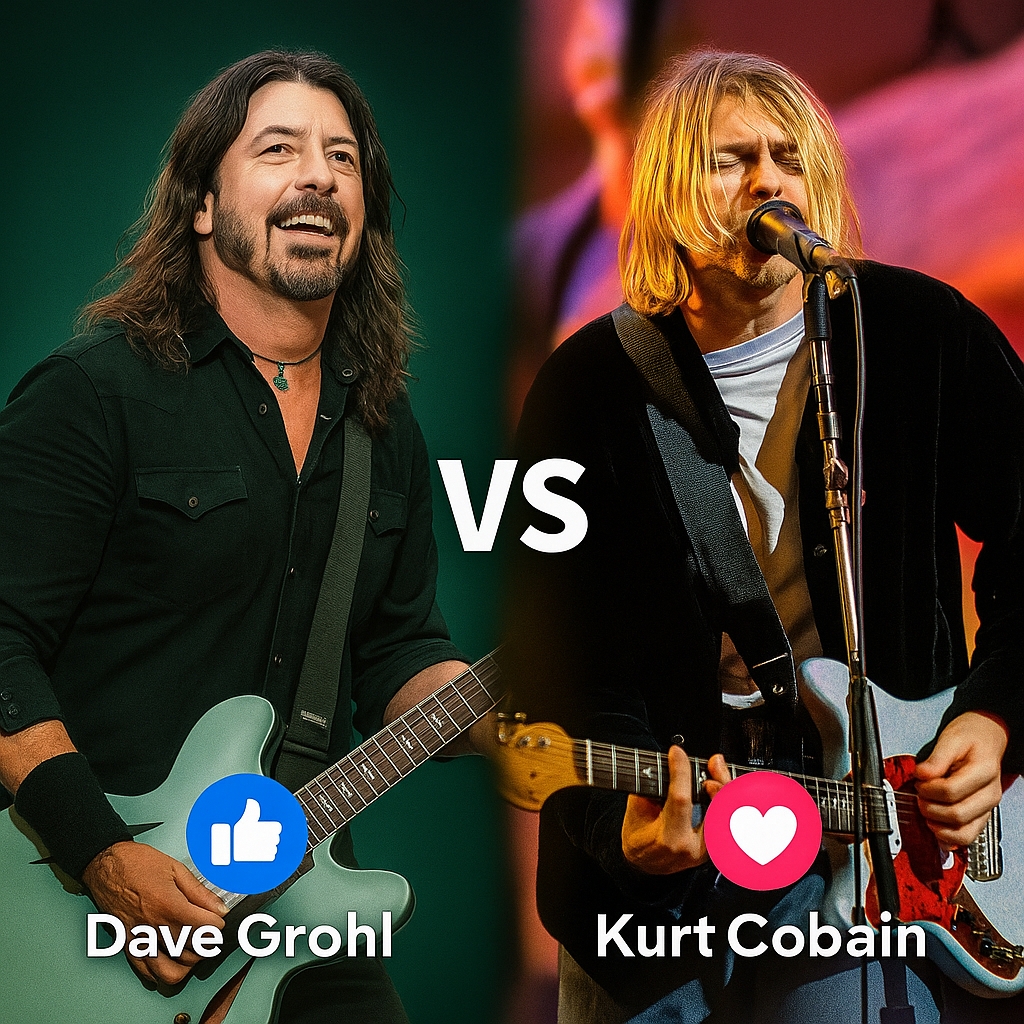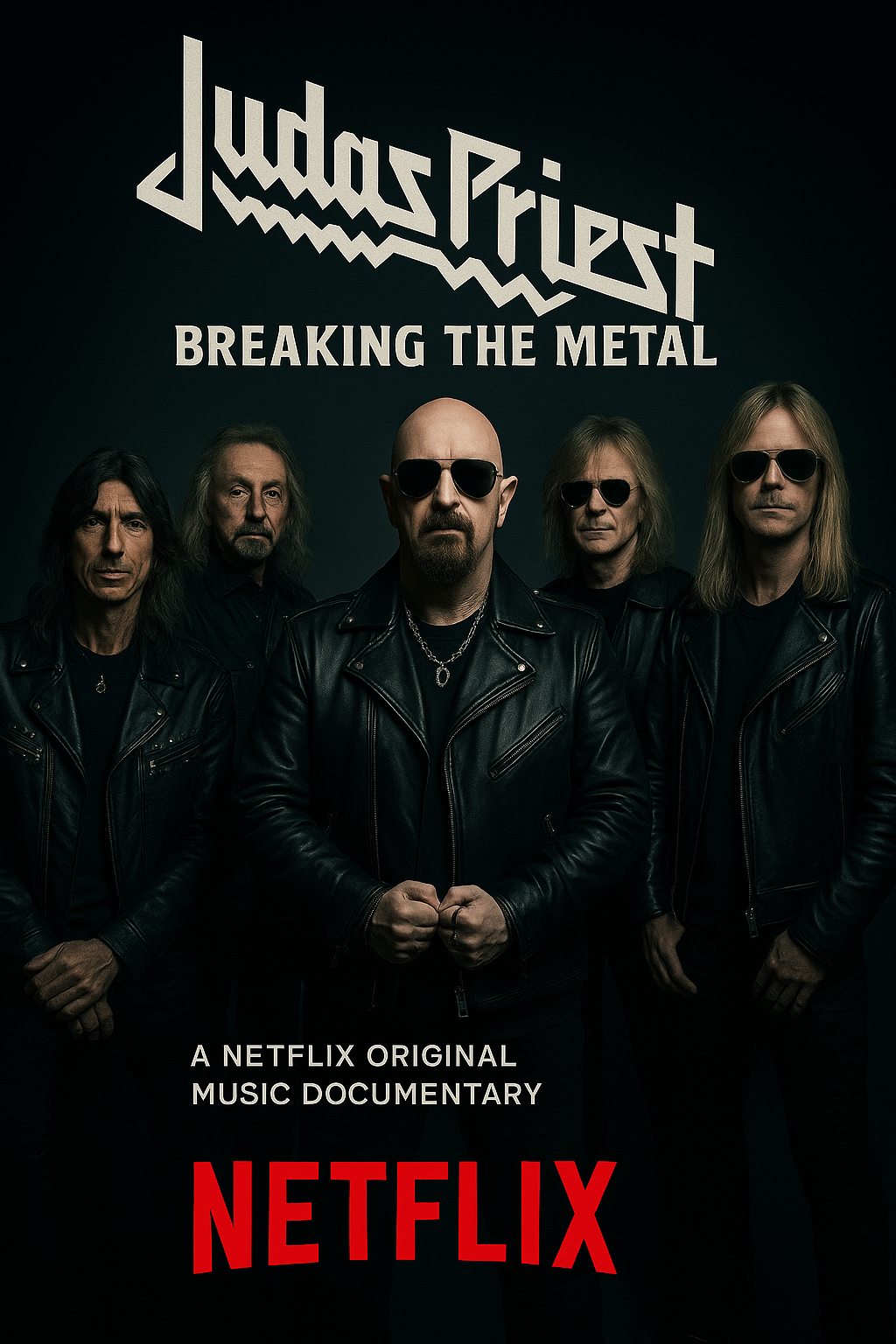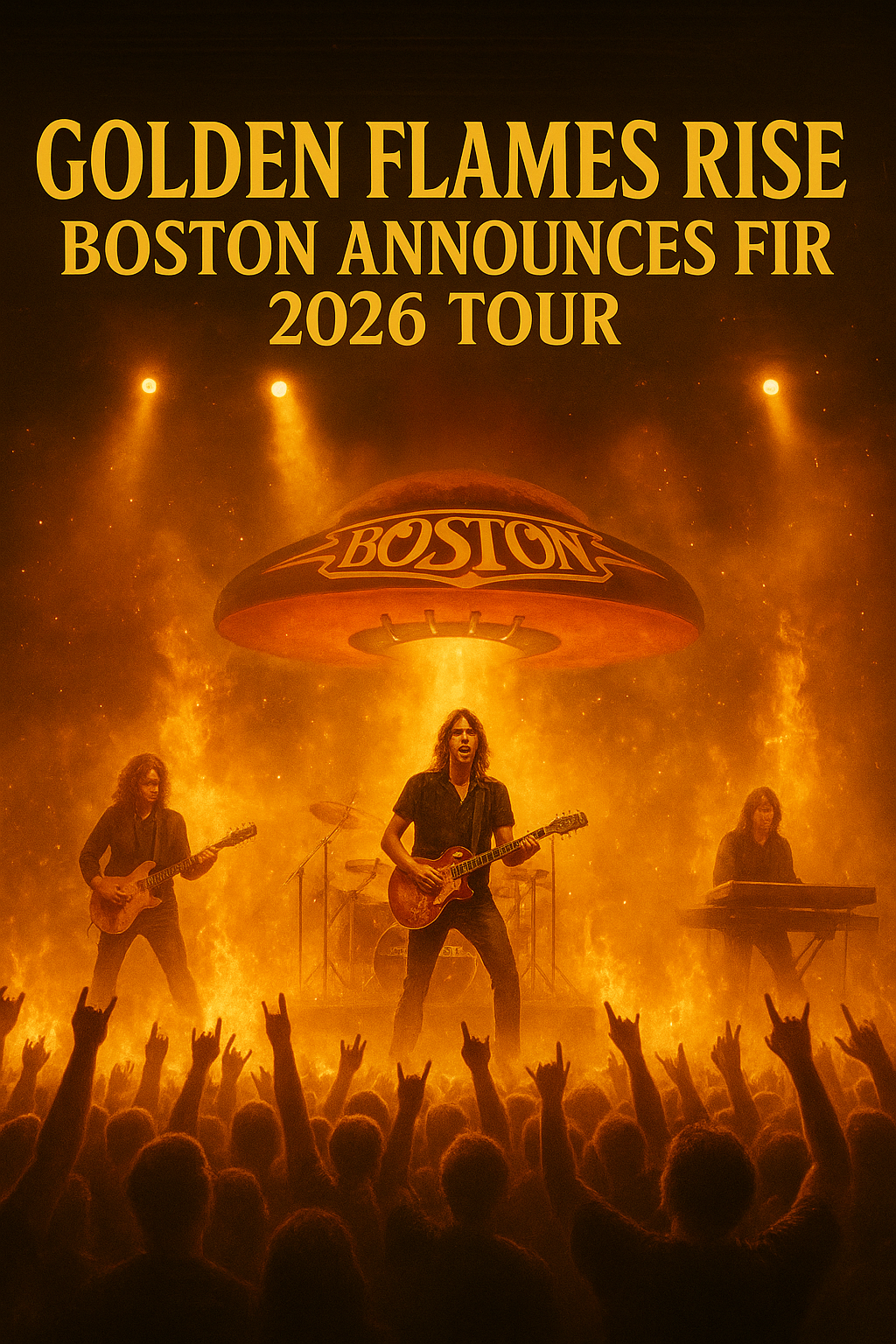When it comes to the question of who is the better singer between Dave Grohl and Kurt Cobain, fans are often split right down the middle. Both men defined an era, their voices shaping the sound of the 1990s in completely different ways. Cobain’s haunting rasp and raw emotion captured the pain of a generation, while Grohl’s powerful, melodic roar carried the torch of rock into a new century.
Kurt Cobain was not just a singer — he was a feeling. His voice carried a kind of broken beauty that no training could ever replicate. Every scream, every whisper in a Nirvana song felt like a cry for help wrapped in melody. His singing wasn’t polished or technically perfect, but that imperfection was what made it so unforgettable. Songs like Smells Like Teen Spirit and Something in the Way showed a man who bared his soul through every note.
Dave Grohl, on the other hand, built his voice on strength and control. As the frontman of Foo Fighters, he took what he learned from Cobain’s emotional delivery and added precision, range, and endurance. His singing on tracks like Everlong and Best of You showcases both power and vulnerability — a balance that has made him one of modern rock’s most reliable voices.
While Cobain’s voice could crack and tremble, it always sounded intentional. There was magic in the way he could go from a soft, fragile tone to an explosion of rage within seconds. His vocal style felt unpredictable, which mirrored his own inner chaos. Fans connected to him because he sounded like someone fighting to hold it all together — and sometimes losing that fight in the most beautiful way.
Grohl’s voice, by contrast, is a model of consistency. His live performances rarely falter, even after decades of touring. He can belt out screaming choruses night after night, all while maintaining a clarity and tone that many rock singers envy. His voice may not carry the same tortured poetry as Cobain’s, but it carries a sense of resilience — the sound of someone who survived and kept the fire burning.
Kurt Cobain’s singing was about emotion over technique. He didn’t need to hit every note; he needed to make you feel every word. When he sang, you believed him. That authenticity made Nirvana’s music timeless. His voice became the anthem of the disenchanted, the misunderstood, and the lost. It was the raw sound of the 1990s.
Dave Grohl’s singing, on the other hand, represents hope and evolution. He took the darkness that Nirvana left behind and turned it into something brighter. His vocals have more range, more technical ability, and a greater sense of control, but they still carry emotional weight. Grohl can scream, soar, and soothe — often all in the same song.
If Cobain was the sound of pain, Grohl is the sound of perseverance. One gave voice to the tragedy of youth; the other gave voice to the triumph of endurance. Their differences highlight how versatile rock music can be — both chaotic and healing at once.
Cobain’s short life and tragic end immortalized his voice in a moment of time. It never aged, never faded. Every time you hear his songs, it’s like stepping into a snapshot of emotion that feels forever young and forever sad.
Grohl’s voice, meanwhile, has matured beautifully. Over the years, he’s gone from raw aggression to soulful reflection, proving his staying power in a way that few rock singers have. He represents the growth that Kurt never got the chance to show.
So who is the better singer? The answer depends on what “better” means to you. If you value emotion and honesty above all else, Kurt Cobain wins without question. But if you admire power, consistency, and longevity, then Dave Grohl takes the crown.
In truth, they complete each other’s legacy. Cobain’s voice broke the world open; Grohl’s kept it alive. One sang with anguish, the other with endurance — and together, they created a sound that will echo through rock history forever.



